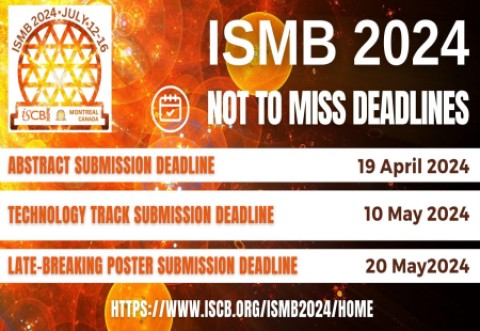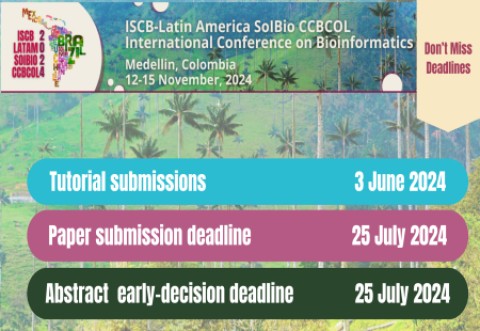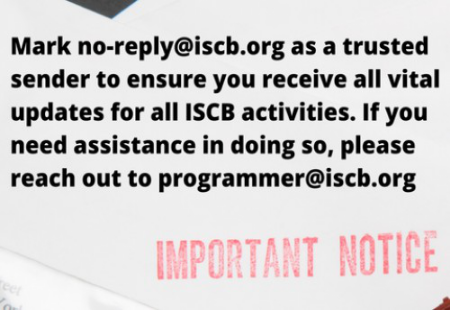
FASEB News - January 13, 2011
Contact: Cody Mooneyhan
This email address is being protected from spambots. You need JavaScript enabled to view it.
301-634-7104
Federation of American Societies for Experimental Biology
The microbes in our gut regulate genes that control obesity and inflammation
New research in the FASEB Journal suggests that the absence of intestinal toll-like receptor 2 affects gut bacteria, pointing to a new way to manage weight and intestinal problems
If you are looking to lose weight in the coming year, you may need help from an unexpected place: the bacteria in your gut. That's because scientists have discovered that the bacteria living in your intestines may play a far more significant role in weight loss and gastrointestinal problems than ever imagined. In a new research report published online in The FASEB Journal (www.fasebj.org), researchers show that a deficiency of Toll-like receptor 2 (Tlr2)—used by mammals (including humans) to recognize resident microbes in the intestines—leads to changes in gut bacteria that resemble those of lean animals and humans. This discovery builds on previous research demonstrating that a deficiency of TLR2 protects against obesity, while at the same time promoting gastrointestinal problems like excessive inflammation. It also shows that genes controlling TLR2 expression play a very important role in one's gastrointestinal health and weight management.
"Our work highlights the remarkable capacity for an orchestrated reprogramming of the intestinal inflammatory network to overcome significant genetic challenges in the mammalian bowel," said Richard Kellermayer, Ph.D., a researcher involved in the work from the Section of Pediatric Gastroenterology, Hepatology and Nutrition at Baylor College of Medicine in Houston. "The appropriate exploitation of this remarkable capacity may provide means for the prevention and optimized treatment of common metabolic (such as obesity and diabetes) and gastrointestinal disorders."
To make this discovery, Kellermayer and colleagues studied normal mice and mice deficient in TLR2 using the large intestinal lining of these mice. They compared the TLR2-deficient ones to the normal group, as well as the bacteria, the epigenome (more specifically DNA methylation, a molecular change in the DNA associated with decreased gene expression), and the gene expression of the animals. The researchers found that the absence of TLR2 leads to microbial changes in the gut that resemble lean animals and humans, as well as immunologic changes similar to those observed in ulcerative colitis.
"Every New Year, a significant percentage of us resolve ourselves to lose weight," said Gerald Weissmann, M.D., Editor-in-Chief of The FASEB Journal, "but national statistics on obesity show that we're failing fast. This research linking gut bacteria to TLR2 expression opens entirely new doors for weight control solutions, first by cementing TLR2 as a drug target for obesity, and second by providing further evidence that managing gut bacteria may be an important and effective way to control weight. The challenge, of course, is to find a way to tip the scales just enough to keep weight under control without causing serious gastrointestinal problems."
###
The FASEB Journal (www.fasebj.org) is published by the Federation of the American Societies for Experimental Biology (FASEB) and celebrates its 25th anniversary in 2011. Over the past quarter century, the journal has been recognized by the Special Libraries Association as one of the top 100 most influential biomedical journals of the past century and is the most cited biology journal worldwide according to the Institute for Scientific Information.
FASEB comprises 23 societies with more than 100,000 members, making it the largest coalition of biomedical research associations in the United States. FASEB enhances the ability of scientists and engineers to improve—through their research—the health, well-being and productivity of all people. FASEB's mission is to advance health and welfare by promoting progress and education in biological and biomedical sciences through service to our member societies and collaborative advocacy.
Source: Richard Kellermayer, Scot E. Dowd, R. Alan Harris, Alfred Balasa, Tiffany D. Schaible, Randy D. Wolcott, Nina Tatevian, Reka Szigeti, Zhijie Li, James Versalovic, and C. Wayne Smith, Colonic mucosal DNA methylation, immune response, and microbiome patterns in Toll-like receptor 2-knockout mice. FASEB J; doi:10.1096/fj.10-172205 ; www.fasebj.org/content/early/2011/01/11/fj.10-172205.abstract






























